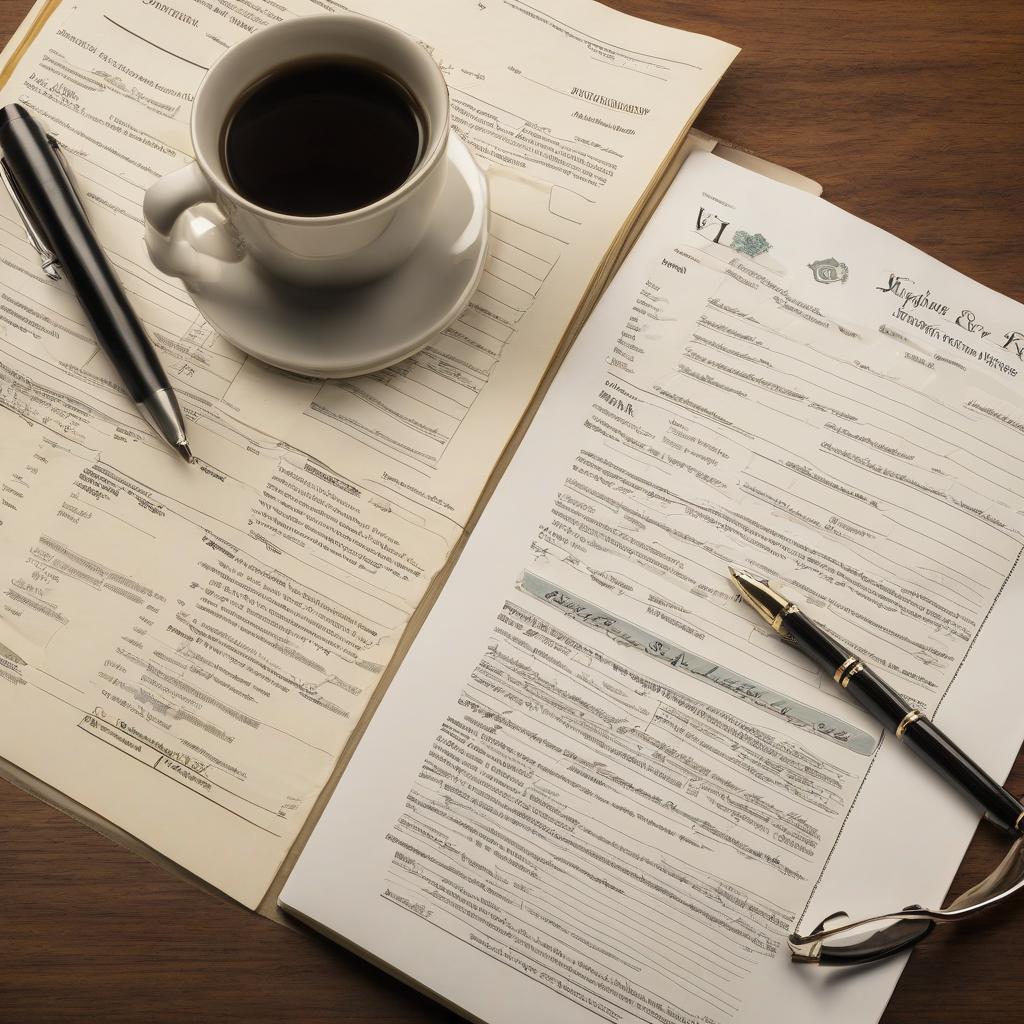Legal guardianship is a significant responsibility that comes with both rights and duties. Whether you’re considering becoming a guardian or you’re already acting in this capacity, it’s essential to understand the ins and outs of guardianship to ensure that you’re fulfilling your role effectively. In this article, we’ll explore what legal guardianship entails, the rights and responsibilities involved, and how to navigate the complexities of guardianship successfully.
What is Legal Guardianship?
Legal guardianship is a legal relationship in which an individual is appointed by a court to make decisions on behalf of another person who is unable to make decisions for themselves. This arrangement is typically established for minors or adults who are incapacitated due to disability, illness, or other circumstances.
Types of Legal Guardianship:
| Type | Description |
|---|---|
| Guardianship of Minors | Appointed to care for and make decisions on behalf of minors under the age of 18. |
| Guardianship of Adults | Appointed to care for and make decisions on behalf of adults who are unable to care for themselves. |
Rights of a Legal Guardian
As a legal guardian, you have certain rights granted by the court to act in the best interests of the person under your care. These rights may vary depending on the specific circumstances and the type of guardianship established, but they generally include:
Making Legal and Financial Decisions
Legal guardians have the authority to make legal and financial decisions on behalf of the individual under their care. This may include managing their finances, entering into contracts, and making decisions related to their healthcare and education.
Providing Care and Support
Legal guardians are responsible for providing care and support to the person under their guardianship. This includes ensuring that their basic needs, such as food, shelter, and medical care, are met, as well as providing emotional support and guidance.
Representing the Person’s Interests
Legal guardians act as advocates for the person under their guardianship, representing their interests in legal, financial, and personal matters. This may involve advocating for their rights, preferences, and wishes in various situations.
Responsibilities of a Legal Guardian
Along with rights, legal guardians also have significant responsibilities that they must fulfill in their role. These responsibilities are aimed at ensuring the well-being and best interests of the person under guardianship and may include:
Acting in the Best Interests of the Ward
Legal guardians have a duty to act in the best interests of the person under their care at all times. This means making decisions that are in their best interests and prioritizing their welfare and needs above all else.
Managing Finances Prudently
Guardians are responsible for managing the financial affairs of the person under their guardianship responsibly and prudently. This includes budgeting, investing, paying bills, and keeping accurate records of all financial transactions.
Providing a Safe and Supportive Environment
Guardians are responsible for providing a safe, stable, and supportive environment for the person under their care. This includes ensuring that their living conditions are safe and suitable, and that they have access to necessary resources and support services.
How to Navigate Legal Guardianship Successfully
Navigating legal guardianship can be complex and challenging, but there are steps you can take to ensure that you fulfill your role effectively:
Seek Legal Advice and Guidance
If you’re considering becoming a legal guardian or you’re already acting in this capacity, seek legal advice and guidance from an experienced attorney specializing in guardianship law. An attorney can help you understand your rights and responsibilities, navigate the legal process, and ensure that you fulfill your duties effectively.
Communicate Effectively
Communication is key to successful guardianship. Maintain open and transparent communication with the person under your care, as well as with other family members, caregivers, healthcare providers, and legal professionals involved in their care.
Stay Informed and Educated
Stay informed and educated about the rights and needs of the person under your guardianship, as well as relevant laws, regulations, and resources available to support them. Continuously educate yourself about guardianship issues and seek out training and support services as needed.
Advocate for the Person’s Needs
Advocate for the needs, preferences, and wishes of the person under your care, ensuring that their voice is heard and their rights are respected in all decisions affecting their lives.
Conclusion
In conclusion, legal guardianship is a significant responsibility that comes with both rights and responsibilities. Whether you’re caring for a minor or an incapacitated adult, it’s essential to understand your role as a guardian and navigate the complexities of guardianship effectively. By understanding your rights and responsibilities, seeking legal guidance, communicating effectively, and advocating for the needs of the person under your care, you can fulfill your role as a guardian and ensure the well-being and best interests of those you are entrusted to protect.


